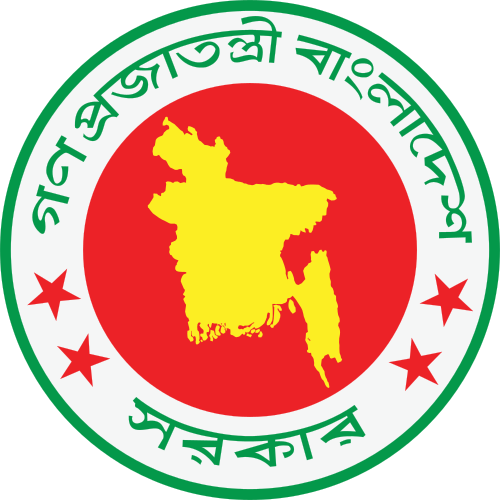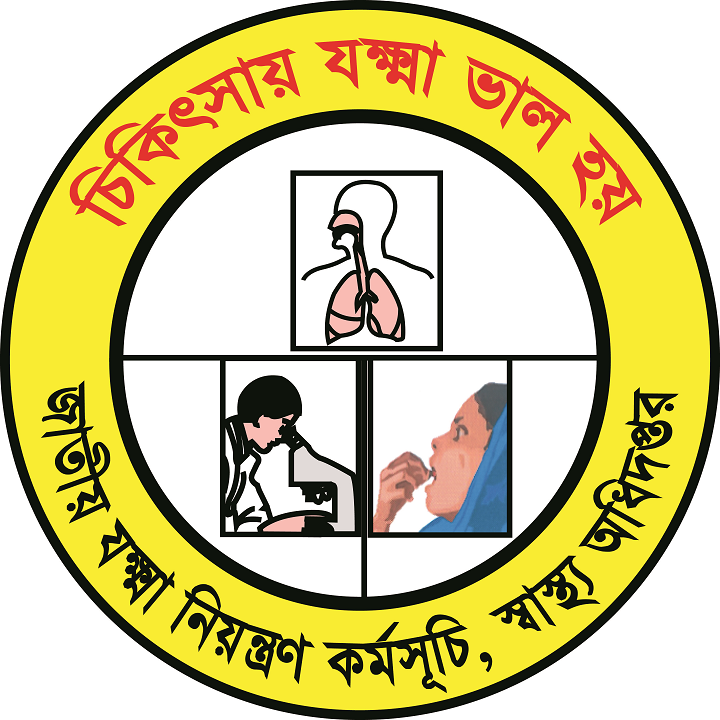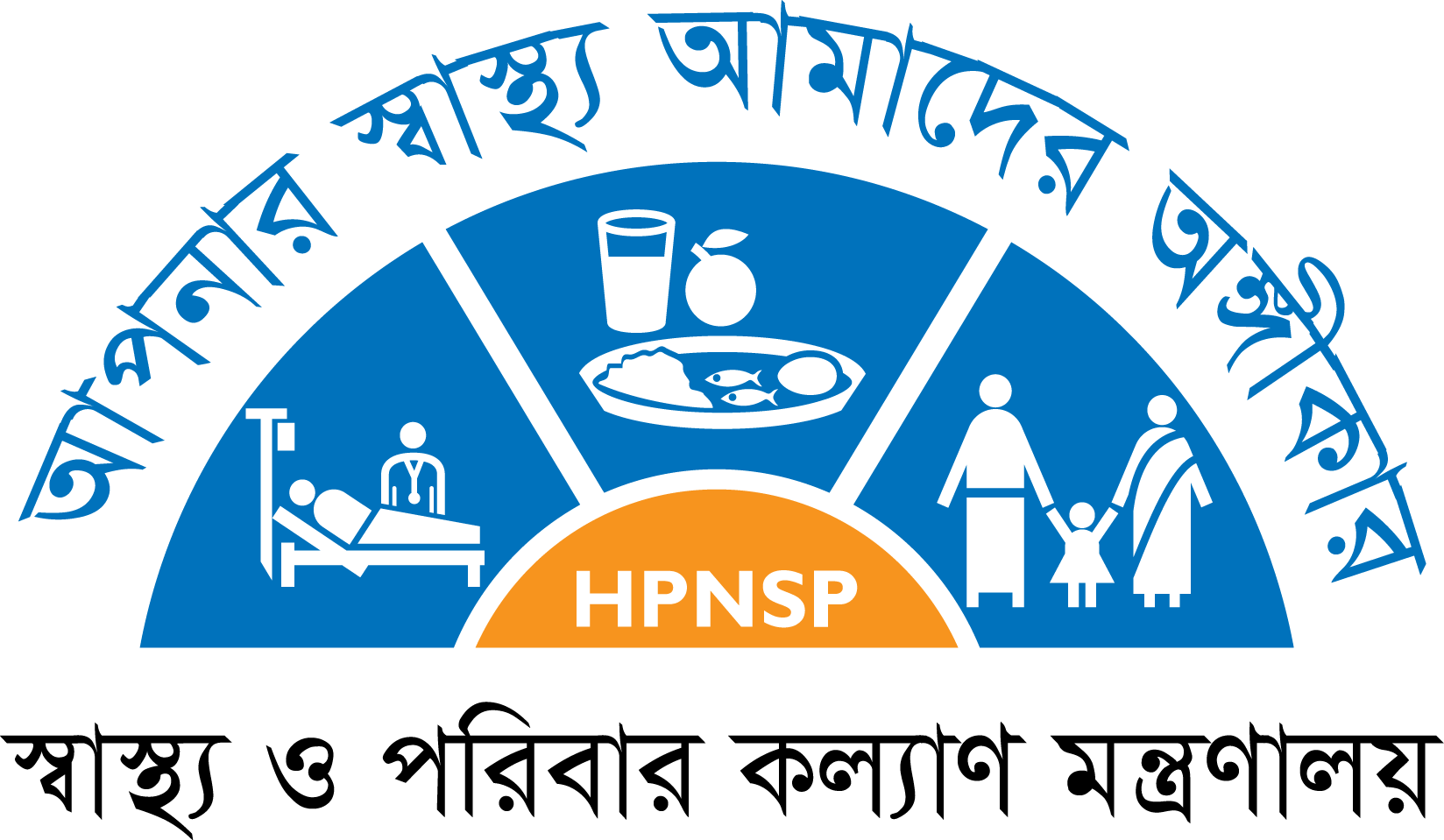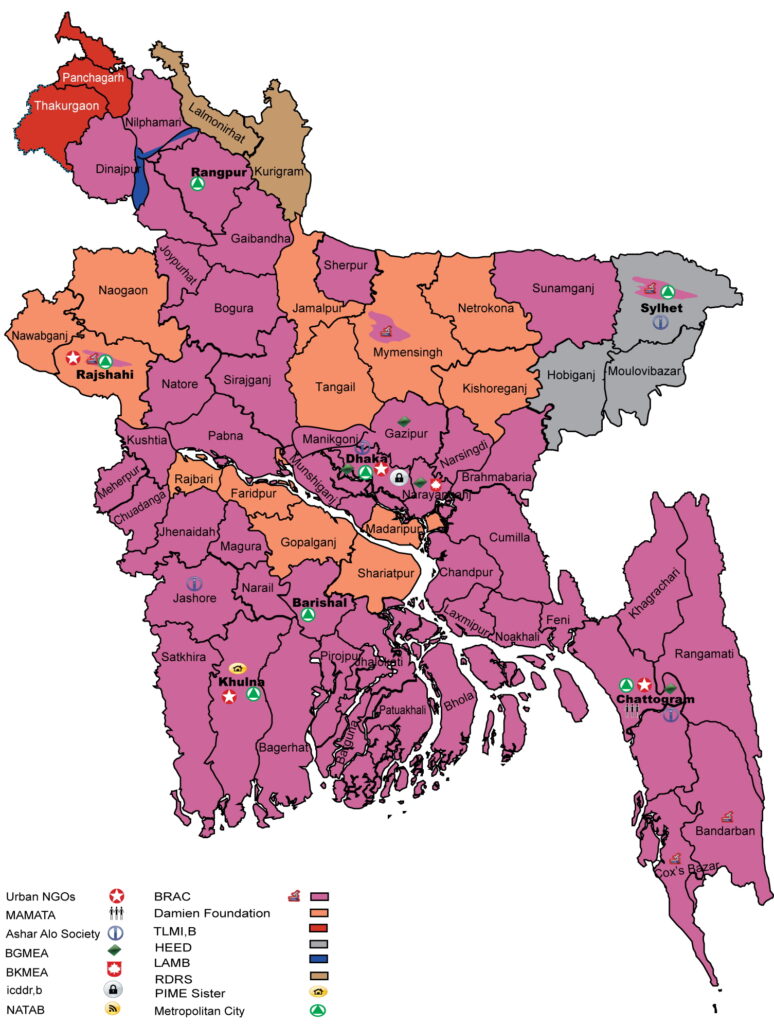Our Partners
BRAC
 BRAC, the largest non-governmental development organisation in the world, is also the largest implementing partner of the National Tuberculosis Control Programme (NTP) in terms of geographical coverage and scale of operations. Utilising an innovative approach of community engagement from the Shasthya Shebika (SS), BRAC started TB Control Programme in 1984 as a pilot project in Manikganj Sadar Upazila (sub-district) and eventually signed a memorandum of understanding with the GoB in 1994 to expand DOTS services nationwide. Along with the Government, BRAC has been the principal recipient (PR) of the Global Fund since 2004. Besides implementing large scale Global Fund grant on its own as a PR, BRAC has also been responsible for management, supervision, guidance and technical assistance of 24 other partner NGOs (sub-recipients) to ensure quality of services delivered under the unified umbrella of NTP.
BRAC, the largest non-governmental development organisation in the world, is also the largest implementing partner of the National Tuberculosis Control Programme (NTP) in terms of geographical coverage and scale of operations. Utilising an innovative approach of community engagement from the Shasthya Shebika (SS), BRAC started TB Control Programme in 1984 as a pilot project in Manikganj Sadar Upazila (sub-district) and eventually signed a memorandum of understanding with the GoB in 1994 to expand DOTS services nationwide. Along with the Government, BRAC has been the principal recipient (PR) of the Global Fund since 2004. Besides implementing large scale Global Fund grant on its own as a PR, BRAC has also been responsible for management, supervision, guidance and technical assistance of 24 other partner NGOs (sub-recipients) to ensure quality of services delivered under the unified umbrella of NTP.
Damien Foundation Bangladesh
 Damien Foundation (DF), a Belgian non-denominational and pluralistic NGO founded in 1964, has been working in Bangladesh since 1972. Since 1991, the fight against leprosy and tuberculosis was placed into its agenda. The organisation covers about 32 million people residing in 14 districts of the country, and provides diagnostic and treatment services through government health infrastructure. DF has three hospitals with a total of 255 bed capacity. A network of patient-friendly directly observed treatment (DOT) services at the community level through voluntary involvement of village doctors, cured patients, religious leaders, school teachers etc. has been established by DF in the project area. In addition to providing routine care services, the organisation also contributes to the national and international policy decisions through operational researches. The Damien Foundation developed shorter treatment regimen for MDR-TB has been endorsed by the WHO and has been adopted by national TB programmes globally.
Damien Foundation (DF), a Belgian non-denominational and pluralistic NGO founded in 1964, has been working in Bangladesh since 1972. Since 1991, the fight against leprosy and tuberculosis was placed into its agenda. The organisation covers about 32 million people residing in 14 districts of the country, and provides diagnostic and treatment services through government health infrastructure. DF has three hospitals with a total of 255 bed capacity. A network of patient-friendly directly observed treatment (DOT) services at the community level through voluntary involvement of village doctors, cured patients, religious leaders, school teachers etc. has been established by DF in the project area. In addition to providing routine care services, the organisation also contributes to the national and international policy decisions through operational researches. The Damien Foundation developed shorter treatment regimen for MDR-TB has been endorsed by the WHO and has been adopted by national TB programmes globally.
Active case finding (ACF) involving field workers, engagement of all care providers such as village doctors, cured patients, field health staff, etc., and utilization of all available tools including the WHO recommended rapid diagnostics in the project area resulted in the constant increase in total number of TB cases during past years.
Heed Bangladesh
 HEED Bangladesh is the sub-recipient (SR) of NTP since 1980 and SR of BRAC since 2005. They have been covering implementing of TB pProgramme in twenty seven (27) U27 upaozilas (Sub District) underof Habigonj, Sylhet, and Moulvibazar three districts, (Habigonj, Sylhet, and Moulvibazar) of Sylhet Ddivision.
HEED Bangladesh is the sub-recipient (SR) of NTP since 1980 and SR of BRAC since 2005. They have been covering implementing of TB pProgramme in twenty seven (27) U27 upaozilas (Sub District) underof Habigonj, Sylhet, and Moulvibazar three districts, (Habigonj, Sylhet, and Moulvibazar) of Sylhet Ddivision.
icddr,b
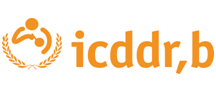 icddr,b has been working as an SR of NTP through GFATM since 2016. In 2019, TB diagnosis, treatment and prevention service delivery by icddr,b continued in ten urban sites in Dhaka, Chattogram and Sylhet through its Social Enterprise Model (SEM) intervention as a part of an innovative pPublic-pPrivate Mix (PPM) approach. The Tuberculosis Screening & Treatment Centres (TBSTCs) serving in Dhaka are located at Mohakhali, Golapbag, Dhanmondi, Uttara, Rampura, Mirpur and& Old Dhaka. The other three TBSTCs are operated at Golpahar and Bandartila in Chattogram, and Rikabi Bazar in Sylhet.
icddr,b has been working as an SR of NTP through GFATM since 2016. In 2019, TB diagnosis, treatment and prevention service delivery by icddr,b continued in ten urban sites in Dhaka, Chattogram and Sylhet through its Social Enterprise Model (SEM) intervention as a part of an innovative pPublic-pPrivate Mix (PPM) approach. The Tuberculosis Screening & Treatment Centres (TBSTCs) serving in Dhaka are located at Mohakhali, Golapbag, Dhanmondi, Uttara, Rampura, Mirpur and& Old Dhaka. The other three TBSTCs are operated at Golpahar and Bandartila in Chattogram, and Rikabi Bazar in Sylhet.
All the icddr,b TBSTCs offer GeneXpert MTB/RIF testing and digital chest X-ray for the TB presumptive patients. In aAdditionally, glucometry and HbA1c testing for the attending participating visitors were available in the facilities. AFB microscopy for follow- up of TB treatment-enrolled patients is also performed at Mohakhali centere.
Rangpur Dinajpur Rural Services (RDRS)
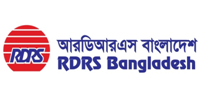 Since 2003, RDRS Bangladesh has been implementing TB programmes as one of the partners of NTP and BRAC in Lalmonirhat and Kurigram districts.
Since 2003, RDRS Bangladesh has been implementing TB programmes as one of the partners of NTP and BRAC in Lalmonirhat and Kurigram districts.
IRD Bangladesh
 IRD Bangladesh is a sub-recipient of BRAC for TB research and has been implementing USAID, UnitAid and Stop TB Partnership supported projects directly in collaboration with NTP.
IRD Bangladesh is a sub-recipient of BRAC for TB research and has been implementing USAID, UnitAid and Stop TB Partnership supported projects directly in collaboration with NTP.
Ashar Alo Society (AAS)
 Ashar Alo Society (AAS) is the pioneer and largest peer support group for people living with HIV (PLHIV). AAS has been implementing TB and HIV co-infection programme solely since 2010 under Global Fund, with technical support from BRAC and NTP. Primary activities of AAS are HIV testing ensuring confidentiality; providing different types of counselling to PLHIV and their family members; training PLHIV and affected people about care giving, leadership development, advocacy, peer education, positive living, human rights; creating awareness; removing barriers, stigma and discrimination about HIV and AIDS through advocacy initiatives and community programmes
Ashar Alo Society (AAS) is the pioneer and largest peer support group for people living with HIV (PLHIV). AAS has been implementing TB and HIV co-infection programme solely since 2010 under Global Fund, with technical support from BRAC and NTP. Primary activities of AAS are HIV testing ensuring confidentiality; providing different types of counselling to PLHIV and their family members; training PLHIV and affected people about care giving, leadership development, advocacy, peer education, positive living, human rights; creating awareness; removing barriers, stigma and discrimination about HIV and AIDS through advocacy initiatives and community programmes
International Organization for Migration (IOM)
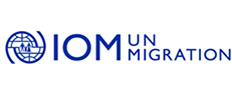 NTP designated International Organization for Migration’s (IOM) Migration Health Assessment Centre (MHAC) the status of Directly Observed Treatment (DOT) centres in Dhaka in 2010 and in Sylhet in 2012. IOM Migration Health Assessment Centers in Dhaka and Sylhet provide screening and treatment of TB.
NTP designated International Organization for Migration’s (IOM) Migration Health Assessment Centre (MHAC) the status of Directly Observed Treatment (DOT) centres in Dhaka in 2010 and in Sylhet in 2012. IOM Migration Health Assessment Centers in Dhaka and Sylhet provide screening and treatment of TB.
National Anti-Tuberculosis Association of Bangladesh (NATAB)
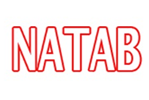 NATAB is an SR of BRAC since 2004. They implement TB programme
NATAB is an SR of BRAC since 2004. They implement TB programme
in all 64 districts at district level.
PIME Sisters
 In 2006, PIME Sisters started TB control programme as a partner of NTP through BRAC.
In 2006, PIME Sisters started TB control programme as a partner of NTP through BRAC.
They are implementing activities in 19 wards of KCC Khulna City corporation with a population reach of 355,221 people.
The Leprosy Mission International, Bangladesh (TLMI-B)
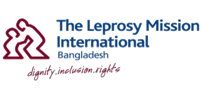 The Leprosy Mission International-Bangladesh (TLMI-B) has been working in partnership with BRAC since 2004. TLMI-B started TB control programme in 1994 in 10 upazilas of Panchagarh and Thakurgaon districts reaching 2,551,245 population in the northern part of Bangladesh.
The Leprosy Mission International-Bangladesh (TLMI-B) has been working in partnership with BRAC since 2004. TLMI-B started TB control programme in 1994 in 10 upazilas of Panchagarh and Thakurgaon districts reaching 2,551,245 population in the northern part of Bangladesh.
LAMB
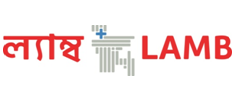 LAMB had started treating TB patients in 1985 but the partnership with NTP started since 1994 and with BRAC since 2004. LAMB TB control programme is working in four upazilas: Parbatipur (one paurashava and one union), Chirirbandar and Khansama upazilas in Dinajpur district and Saidpur upazila in Nilphamari district, covering approximately a total of 811,088 people.
LAMB had started treating TB patients in 1985 but the partnership with NTP started since 1994 and with BRAC since 2004. LAMB TB control programme is working in four upazilas: Parbatipur (one paurashava and one union), Chirirbandar and Khansama upazilas in Dinajpur district and Saidpur upazila in Nilphamari district, covering approximately a total of 811,088 people.
SMC

Social Marketing Company (SMC) started social marketing program in Bangladesh in 1974. Overall mission of SMC is to improve the health and wellbeing of women, children and families through social marketing of products and services in family planning, maternal and child health, nutrition and other socially beneficial areas in partnership with the government, development partners and private sector. SMC and USAID have continued their partnership over the last 48 years and SMC is considered as one of the successful investments of USAID. The company was originated in 1974 as a USAID-funded Family Planning Social Marketing Project (FPSMP) to address the rapid population growth in the country. Later on, the project was transformed into a not-for-profit company in 1990 and run by a voluntary Board of Directors. SMC continues its successful journey while maintaining its important role as one of the significant contributors to the Bangladesh national health and family planning program.
Tuberculosis is one of the important components of program activities of SMC. In 2009,SMC implemented Modhumita Program in partnering with FHI 360, through 10 Clinic Operations strategically located across the country to address the TB-HIV co-infection. Trained Sputum Collector from these clinics organized awareness raising sessions on TB at the community to screen presumptive and collected sputum from presumptive cases for diagnosis from the nearest microscopic centers. The detected TB patient was then followed up regularly by the clinic staff. In 2010, SMC developed a drama on TB “Rongila Bao” to air it through its mobile audio-visual program in the community. In addition, SMC aired this popular drama through its innovative floating motor launch to raise awareness among the people in the hard to reach riverine areas of Bangladesh. At the same time, SMC started building capacity of its Blue Star Providers across the country to ensure referral of TB presumptive to the nearest service delivery centers in order to improve the case detection rate.
In 2020, as a consortium member of USAID’s Activity – Alliance for Combating TB in Bangladesh (ACTB), SMC is playing an important role by engaging its informal (non-graduate) Star Network Providers – Blue Star Providers (BSPs), Green Star Providers (GSPs) and Gold Star Members (GSMs) in Active Case Findings (ACF) and referral of the presumptive.
Under USAID’s ACTB Activity, SMC provides one day basic training on TB to the Star Providers along with technical assistances as required. SMC also organizes community awareness activities including sputum collection camp, Miking, etc. SMC provides training and supportive assistances to ensure ACF by the GSMs (women entrepreneurs). This activity established a linkage with the DOT centers endorsed by the National TB Control Program (NTP) for flawless referral from these network, proper documentation and record keeping. SMC periodically organizes advocacy and coordination meetings with NTP, staff of Referral Lab for TB Testing and other relevant stakeholders to maximize its efforts in a coordinated way.
SMC developed a mobile based monitoring mechanism “Tele-Jiggasha” (telecommunication platform) for counseling and follow up of presumptive and diagnosed TB cases. This platform is also used for counseling and treatment referral for Adverse Drug Reactions (ADRs).
SMC has its own plan to expand and implement this ACF activity in all over the country in addition to USAID’s ACTB Project implementing districts. SMC is committed to work with the NTP to achieve the End TB targets and goal in 2030 and 2035 respectively.
